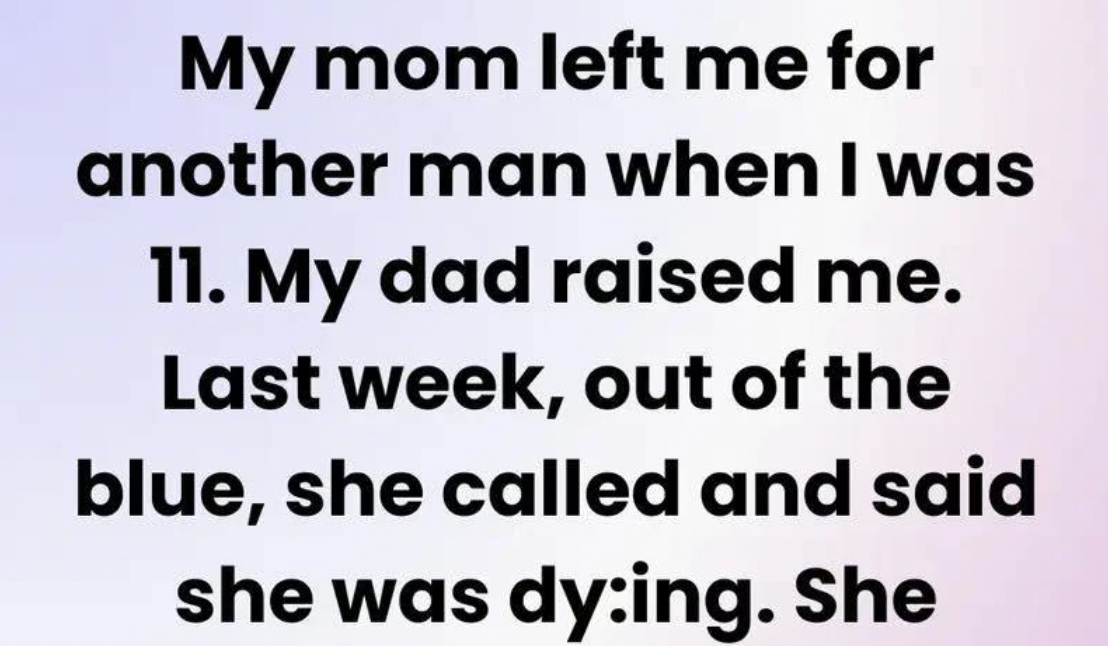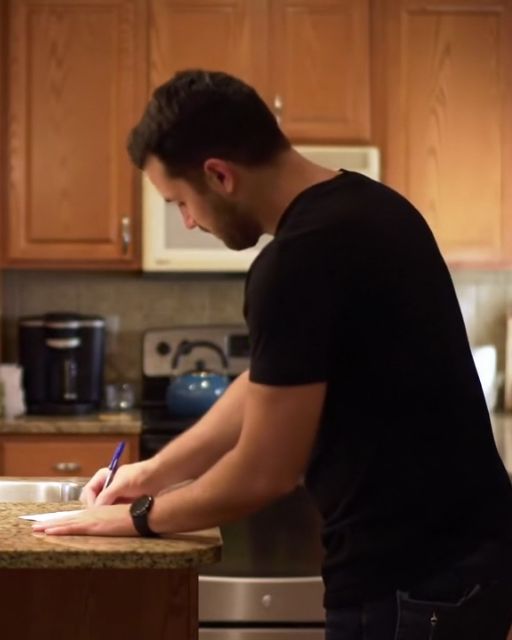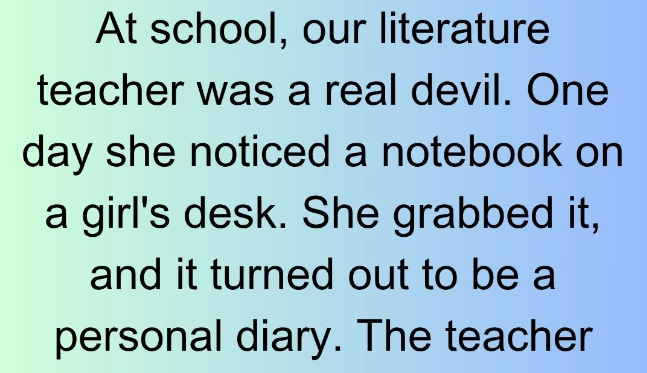Family ties weave intricate patterns, especially when past hurts linger like shadows. For many older adults, narratives of caregiving, reconciliation, and familial duties resonate profoundly, touching the essence of love, loyalty, and the connections we hold dear.
This account, shared by a young woman reflecting on her painful history, underscores the complexity of an estranged parent’s sudden return, particularly in life’s later chapters. It involves caregiving, decisions about elder care, and the emotional struggle between guilt and protecting one’s heart.
A Childhood Shaped by Absence
At the tender age of 11, her mother chose to leave. Not for a fresh start or a new opportunity, but for another relationship, abandoning her daughter in the care of her father.
Her father became her rock, raising her with steadfast devotion. As the years passed, the girl matured into a woman, carrying the weight of her mother’s absence—a void where a mother’s guidance should have been. While many children draw strength from both parents, she navigated birthdays, school achievements, and the turbulence of adolescence with only her father’s support.
Now, at 29, her father has passed, leaving her the family home. She has worked tirelessly to build a stable life, crafted on her own terms. For years, she believed the door to her mother’s chapter was firmly closed.
A Phone Call That Shook Her World
Everything changed last week. The phone rang unexpectedly, and on the line was her mother, a voice from a distant past bearing heavy news. She revealed she was seriously ill and sought to reconnect. More than that, she wished to return to the family home.
Her mother’s plea wasn’t only about seeking comfort in her illness. She spoke of a desire to “set things right.” She expressed a deep wish to spend her final days in the house they once shared, claiming it would bring her peace.
For the daughter, though, the words landed differently. Her response was raw and truthful: “You didn’t raise me. You walked away.”
Her mother wept, calling her words unkind and reminding her she was her only child. Yet a single call could not bridge the chasm of years spent apart.
An Unforeseen Arrival
The daughter thought the painful exchange had ended. She stood firm in her choice, with no intention of revisiting it. But the next day, an unexpected event deepened the wound.
Police appeared at her door, responding to a neighbor’s concern. They found a frail woman collapsed on the front steps, surrounded by suitcases. It was her mother.
She had waited for hours, weakened by her illness and the toll of the journey. Authorities suspected she might have missed her medications or succumbed to the exhaustion of lingering in the cold.
She was rushed to the hospital. When asked if her daughter was her emergency contact, the answer was a quiet “no.”
The Weight of Guilt and Boundaries
In that moment, guilt surged. Not from a lack of empathy—she felt for her mother’s suffering—but from the storm of emotions within. She had spent years mourning a mother who was still alive, grieving a presence that chose to be absent.
It was like mourning a shadow—a parent who picked distance over devotion. While some might argue illness warrants forgiveness, she saw it differently. Her boundaries weren’t born of spite; they were her shield.
To welcome her mother now, after decades of silence, would mean unraveling the healing she had fought so hard to achieve.
Do Children Owe Care to Estranged Parents?
This story prompts a poignant question many older adults may ponder: What do we owe family members who left us behind?
Caregiving demands immense emotional and financial energy. For those with nurturing parental bonds, the choice to care for aging parents often feels natural. But when the past holds abandonment, neglect, or betrayal, the path grows unclear. It’s not only about caregiving tasks; it’s about safeguarding one’s emotional well-being. Reconciliation is possible, but it cannot be demanded, nor can it erase years of hurt in an instant.
Balancing Compassion and Self-Protection
For many, caring for a parent in need feels instinctive. We reflect on their sacrifices, their love, and the values they nurtured in us. But when that foundation is missing—replaced by years of silence or rejection—compassion doesn’t come easily.
This is the core struggle of this story. Compassion murmurs, “She’s still your mother.” Self-protection counters, “But she abandoned you first.”
Neither perspective is wholly wrong, and neither choice is without pain.
Lessons for Families Navigating Tough Choices
This narrative strikes a chord because it mirrors the intricate challenges many families face as they age. Discussions about caregiving, living arrangements, and elder support can turn into emotional minefields when old wounds remain unhealed.
For seniors and their adult children, the takeaway is evident: address expectations, caregiving roles, and emotional needs before illness forces the issue. Honest dialogue, though difficult, can prevent deeper heartache later.
Finding Peace Amid Imperfection
Ultimately, this young woman’s choice wasn’t rooted in harshness but in survival. She understood that opening her home would reopen old wounds. While some may judge her decision, only she knows the depth of her pain.
Reconciliation isn’t a path everyone can take. Sometimes, peace lies in maintaining distance, even when guilt lingers. Other times, families find healing late in life. Both journeys require immense strength.
For seniors, this story may feel familiar. Perhaps you’ve stood on either side of this divide, grappling with whether to forgive or to protect yourself. What matters is staying true to your heart and recognizing that love, even when complex, shapes every choice.
A Closing Thought
When her mother asked to return, she said no. When her mother appeared at her doorstep, she still couldn’t say yes. Though guilt pulled at her, she reminded herself she had already mourned her mother long ago.
Does this make her cold? Far from it. It makes her human—a daughter who learned to thrive despite a mother’s absence and chose to honor the life she built on her own.
For families everywhere, this story serves as a reminder: love is never straightforward, reconciliation isn’t assured, and the choices made in the hardest moments reflect not cruelty, but courage.




